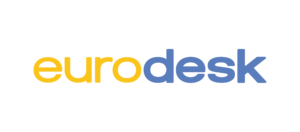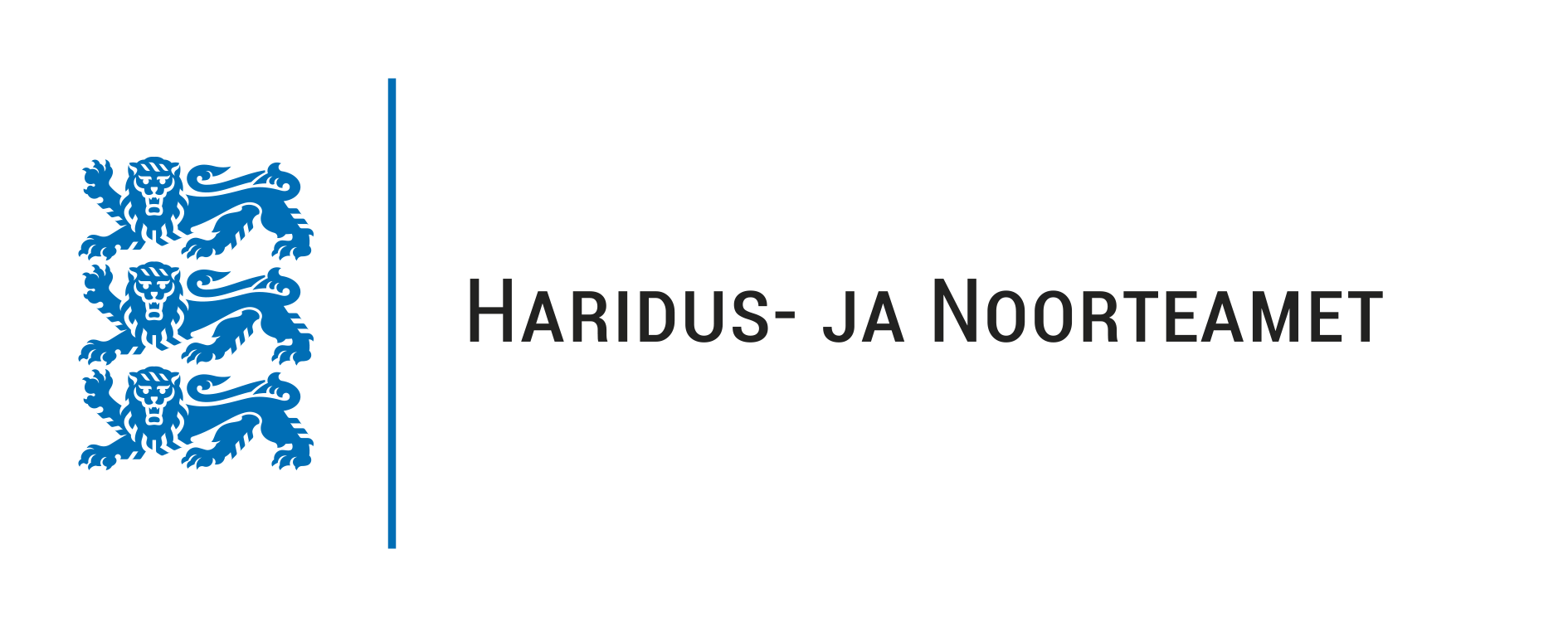Rahvusvaheline koolitus We Don’t Need No Education
The international seminar “We don’t need no education! Or do we?” Meeting the challenges of working in the youth field – how can education and training help to address these challenges?
took place in 14-16.10.2013 Tallinn, Estonia
It was aimed at exploring the diversity of educational practices supporting the quality in youth field – from formal to non-formal education settings in their various levels. The seminar offered a platform for different stakeholders to meet and discover the role and contributions of these practices to the development of quality in youth field. Also to share the most exciting practices as well as to discuss the ideas for future actions needed for further developments.
Hence the seminar sought to discover and map available info about: what, how, why, when and where is provided to educate the actors of youth field – in formal and non-formal environments – to contribute to the quality of youth field?
The programme included thematic inputs, debates and discussions, workshops for sharing education and training practices, and a cultural programme to frame the event.
The key questions we sought to address through the programme were
- Current challenges: which challenges do we face working in the youth field and how can we address these in relation to quality in youth field?
- Current practices: how do we educate and train youth field actors in support of quality and capacity building, and what can we learn from that?
- Building the future: what is emerging today and what is needed for tomorrow’s cooperation?

The seminar “We don’t need no education! Or do we?” brought together 60 participants from a diversity of countries from across Europe and the world, including Estonia, Germany, Ireland, the Netherlands, Malta, Poland, Portugal, Romania, Slovakia, Sweden, and Turkey. Their profiles ranged from academic environments (lecturers, researchers, evaluators) and political contexts (ministries, administrations) to formal and non-formal learning areneas (teachers, trainers, facilitators, curriculum developers). Their discussions were stimulated, provoked, framed and guided by a range of contributors, including a youth theatre group and speakers.
Results, conclusions and materials:
Main harvested conclusions on the tackled themes and some proposals for possible follow-up developments are summarised by Alex Farrow, Andy Hix and John Muir from the global community & knowledge base Youthpolicy.org in the article “Professionalising the youth sector: charting murky waters”.

See the videos filmed during the seminar: http://mitteformaalne.ee/kolm-videot-hariduse-ja-koolituse-rollist.html
- Exploring the challenges regarding the education and training of youth professionals by Yael Ohana – specialist in youth policy, international youth work and intercultural non-formal political education. Learn more about her work here.
- Current education and training approaches by Miguel Angel Garcia Lopez – an experienced trainer, evaluator and educational consultant who has been working as a freelance trainer since 1998 for European institutions, NGO’s and private companies. Learn more about his work here.
- Panel discussion: how do we imagine future? by Yael Ohana (see info above), Koen Lambert – Director of JINT vzw, the Flemish knowledge centre for international youth mobility and youth policy which also acts as the National Agency of the EU Youth in Action Programme, Anne Kivimäe – the head of youth department at the Estonian Ministry of Education and Reet Kost– the head of Estonian National Agency for the Youth in Action Programme.
The seminar was visually documented by Siiri Taimla from Joonmeeia.

Image source: http://joonmeedia.blogspot.com/
Project was hosted by Foundation Archimedes Estonian National Agency in the frame of European Social Fund national programme in Estonia “Developing youth work quality” and European Union Youth in Action (YiA) programme organised in cooperation with co-funding YiA National Agencies of United Kingdom and Slovak Republic: British Council and IUVENTA Slovak Youth Institute. Implementation was supported by YiA programme National Agencies’ network and the YiA European Training Strategy (ETS) Steering Group. Process involved consultations with representatives of academic institutions holding youth work curricula in Estonia. In addition, direct contribution was done by partners harvesting the results: a global community & knowledge base Youthpolicy.org and graphical visualisation team of Joonmeedia.

Seminar materials:
Useful links to relevant publications & materials:
– Publication “Youth Work: Enhancing Youth Employability?“. This booklet is based on the results of the seminar, which took place in April 2011 in Slovenia. Published by: Institute MOVIT, Ljubljana, Slovenia
– Youthpass Impact Study. Young people’s personal development and employability and the recognition of youth work is a study carried out in 2012-2013 to assess the impact that Youthpass has had on: the participants of the EU Youth in Action programme; the work of the organisations participating in the programme;and on recognition of youth work and non-formal learning. Download the full report of the study or watch a video highlighting the main outcomes.
– Blog: http://youthworkerstraining.trainingforaction.com/created by the European Training Strategy Steering group. The blog aims to collect, share and map experiences of cooperation between the formal and non formal sector in training youth workers.
– COMPETENCY MODEL FOR TRAINERS IN THE YOUTH FIELD Created in the frame of the program “Developing Youth Work Quality” co-financed by the European Social Fund and the Republic of Estonia, under the subsection Training of Trainers. The model focuses on the competencies of trainers in the youth field in the context of non-formal training courses, since the principles for evaluating academic personnel arecovered in the University Teacher Competency Model.



